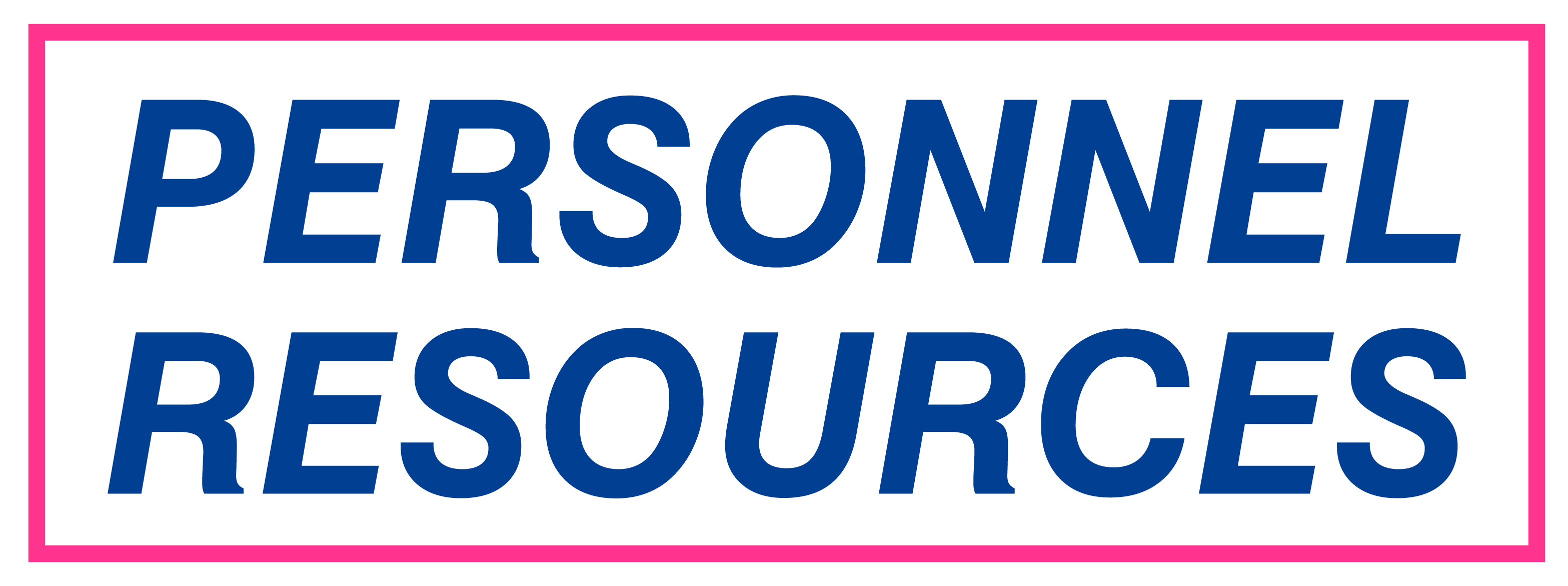Right for each other? The Good Employer Code
It’s easy to think of a job interview as an interrogation at the very worst, or at best, your chance to be in the spotlight and prove your worth as a prospective ideal employee. But essentially an interview is a conversation, where each party is given the chance to speak and to listen, and arrive at a mutually agreeable conclusion.
The morning of the interview arrives and with you in your best suit, shoes polished and ready to put your best foot forward, are your prospective employers as well prepared to represent themselves?
Because the employer should be just as much under the spotlight as you are going to be. They might decide without a moment’s hesitation that you are the best person for the job, but are they the best employer for you?
A close match of your personal values and those of your present or prospective employer is essential to future job satisfaction. If your integrity is challenged by something untoward being requested of you, if you have reservations about a product or service, or if you question the ethics underlying business transactions, the employment relationship is either going to be short or rocky.
Framed and hanging in a prominent place in the lunchroom, or simply an unwritten way of doing things, the Good Employer Code should outline the way companies do business and treat their staff.
One of the areas the Code can cover is company values such as fairness, rewarding people, transparency, adaptability, innovation and service delivery. Others include a commitment to:
- Equal Employment Opportunities – fair practices that respect diversity in the workplace and offer everyone opportunities for growth and learning
- Induction – thorough induction of new staff to the company, its values, policies and practices, and their role
- Health and safety – practices and conditions regularly reviewed in keeping with requirements for a safe and healthy work environment
- Performance review and feedback – remuneration review to ensure income relativity to wider market and reflect standards of performance; training needs assessed to ensure upkeep of skills and personal development to enhance performance
- Time off and time out – break entitlements observed and time out to attend to family/personal commitments
- Conflict resolution – support and processes in place to avoid and manage conflict in the workplace
- Accountability – checks and balances in place to ensure the individuals in management uphold the values of the organisation as a whole
- Customer satisfaction – regular reviews undertaken of perceived level of service delivery, requisite improvements put in place and, most importantly, the external perception of the business matches staff experience of you as an employer.
Taking your next interview (or conversation) as an opportunity to also interview the employer and assess their position on some of these areas will help you work out just how ‘right for each other’ you are.

